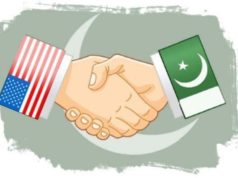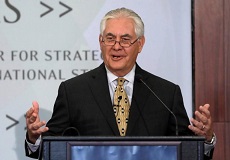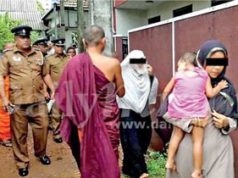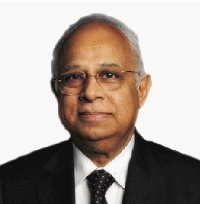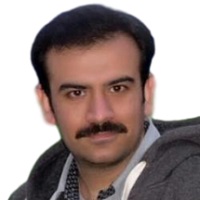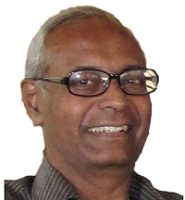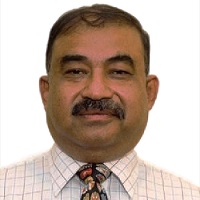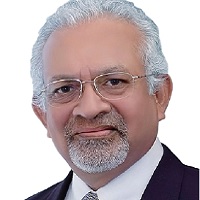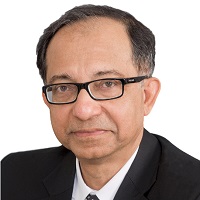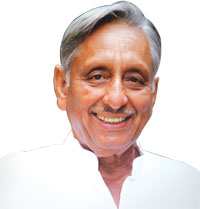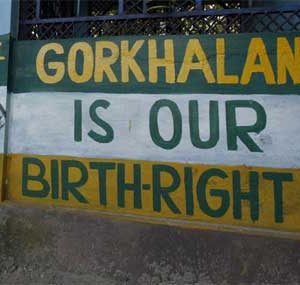Visiting Indian Foreign Secretary, S. Jaishankar Monday ruled out ‘going back to the past’ and distanced himself from committing to a possible Indian role in persuading the Sri Lankan government to re-accept the unification of the North and East brought about by the India-Sri Lanka Accord of 1987 but which after being challenged in the Supreme Court by Sinhalese and Muslims, was annulled in 2006.
Responding to the TNA’s declaration that the Tamils will not accept any constitutional set-up without a merged North and East, the Indian Foreign Secretary has stated that much change has occurred since the India-Sri Lanka Accord of 1987, making a merger challenging in the current circumstances.
The merger of the North and East is considered important by the Eastern Tamils but is opposed by the Muslims who make up a significant majority in some areas of the East. The Muslims fear that if the East were to be merged with the North, the Tamils will be in an overwhelming majority and the Muslims will have little authority in matters pertaining to the control and management of the province as a merger of the North and East would reduce the Muslim proportion from 35 % to 12% of the population. The Sinhalese meanwhile fear that a united Tamil province will lead to the eventual possibility of the Tamils forging a separate State, a goal the Tamil Tigers fought for over 30 years before being defeated by the government military in 2009.
Meanwhile the Eelam Peoples’ Revolutionary Liberation Front (EPRLF) leader Suresh Premachandran had told the visiting Indian Foreign Secretary, that India’s plans for the economic development of the North and East will have no benefit for the Tamil people in the absence of a political solution to the Tamil question.
Meeting Jaishankar as part of the Tamil National Alliance (TNA) delegation, Premachandran had reiterated that political stability and economic development go hand in hand and briefed Jaishankar on the protests in the North over unresolved matters such as military occupation of civilian land, speaking at length on the demand for the re-merger of the Northern and Eastern provinces to form a single Tamil-Speaking and Tamil-majority province.
The merger of the North and East had been the main theme of the Ezhuga Tamil rally held recently in the Eastern town of Batticaloa.
Premachandran had claimed that India had a ‘moral responsibility’ to ask the Sri Lankan government to re-merge the North and East as it is part of the India-Sri Lanka Accord of 1987 and had used the justification that if the Accord is still valid, every part of it should be upheld and implemented.
Meanwhile reportedly, Jaishankar was mostly interested in knowing the current status pertaining to the constitution making process and in obtaining the support of the Tamil National Alliance (TNA) for India’s plans for the economic development of the North and East.
Jaishankar who met the delegation from the Tamil National Alliance (TNA), ahead of his meetings with the Sri Lankan President Maithripala Sirisena and Prime Minister Ranil Wickremesinghe was asked by the TNA to request the Sri Lankan government to expedite the process of drafting a new constitution as a means of finding a permanent political solution to the concerns of the Tamil minority in Sri Lanka.
The TNA delegation, comprising R. Sampanthan, Mavai Senathirajah, M.A.Sumanthiran, D.Siddharthan and Selvam Adaikalanathan, had pointed out that the government is delaying drafting the new constitution though all the committees have submitted their reports. The TNA informed the Indian Foreign Secretary that the apex Steering Committee headed by the Prime Minister has circulated a draft report and charged that the ruling Sirisena faction of the Sri Lanka Freedom Party (SLFP-S) wanted the Steering Committee’ draft report to be revised thereby bringing the process to a halt.
The TNA parliamentarians had raised diverse other issues relating to the ongoing post war reconciliation in Sri Lanka, in response to Jaishankar asking the TNA leadership for their main concerns so that these could be conveyed to the Sri Lankan government top brass when he meets them.
The TNA had maintained that the Sirisena-Wickremesinghe government has not fulfilled any of its election promises pertaining to the Tamil people. The TNA claimed that very little of the lands taken over by the military soon after the war has been handed back to its original civilian owners and that no concrete steps have been taken to trace those who had gone ‘missing’ during the war. The TNA leaders had also raised the issue of ‘political prisoners’ referring to jailed LTTE cadres and urged for their release. The call by the Tamil political parties for the merging of the Northern and Eastern Provinces to form a single Tamils-speaking province as per the India-Sri Lanka Accord of 1987 was also reiterated as a priority concern.
Jaishankar had promised to take up these issues with the Sri Lankan leaders, but referring to the recent reports of division of opinion among the TNA membership, urged the Tamil party leaders to be united, citing unity as a necessary step to achieve the collective aims of the Tamil people.
The TNA is mainly divided between the faction of C.V.Wigneswaran, the Northern Province Chief Minister and the faction of R. Sampanthan, the head of the TNA who is also the Opposition Leader.
Wigneswaran has established a separate outfit – the Tamil Peoples’ Council which is seen as citing ultra radical Tamil Nationalistic sentiments while the Ilankai Tamil Arausu Katchi (ITAK) led by R.Sampanthan and M.A. Sumanthiran has a combination of moderates and radicals.


